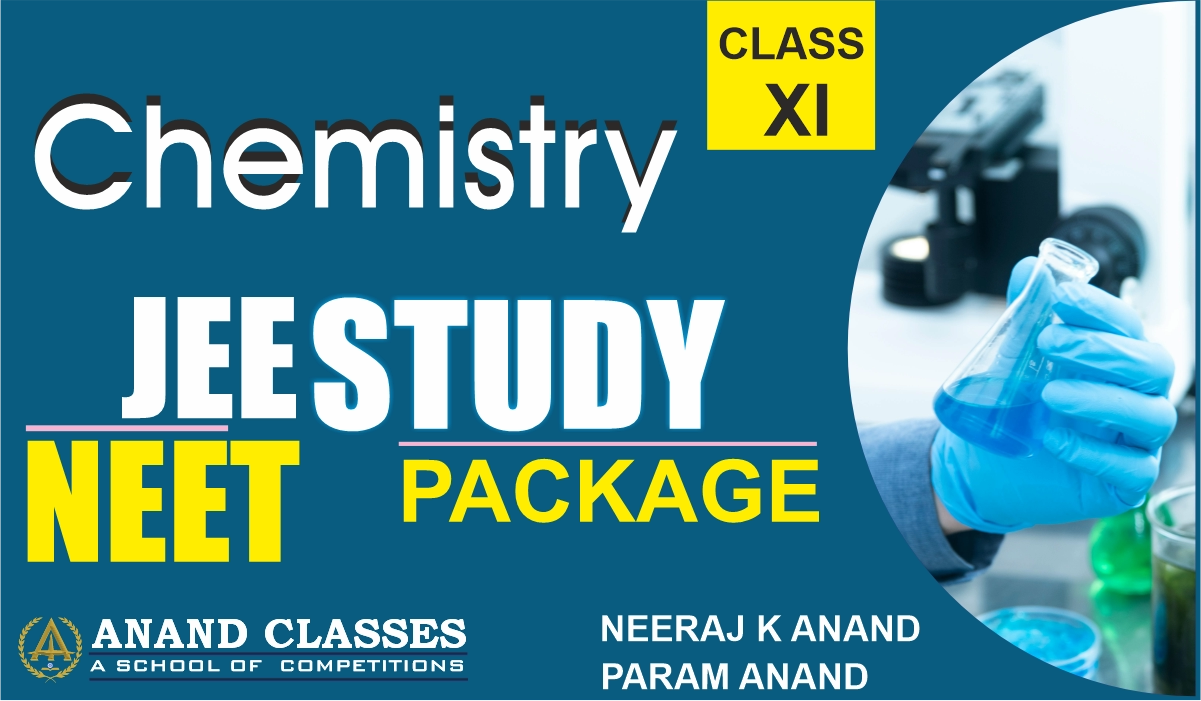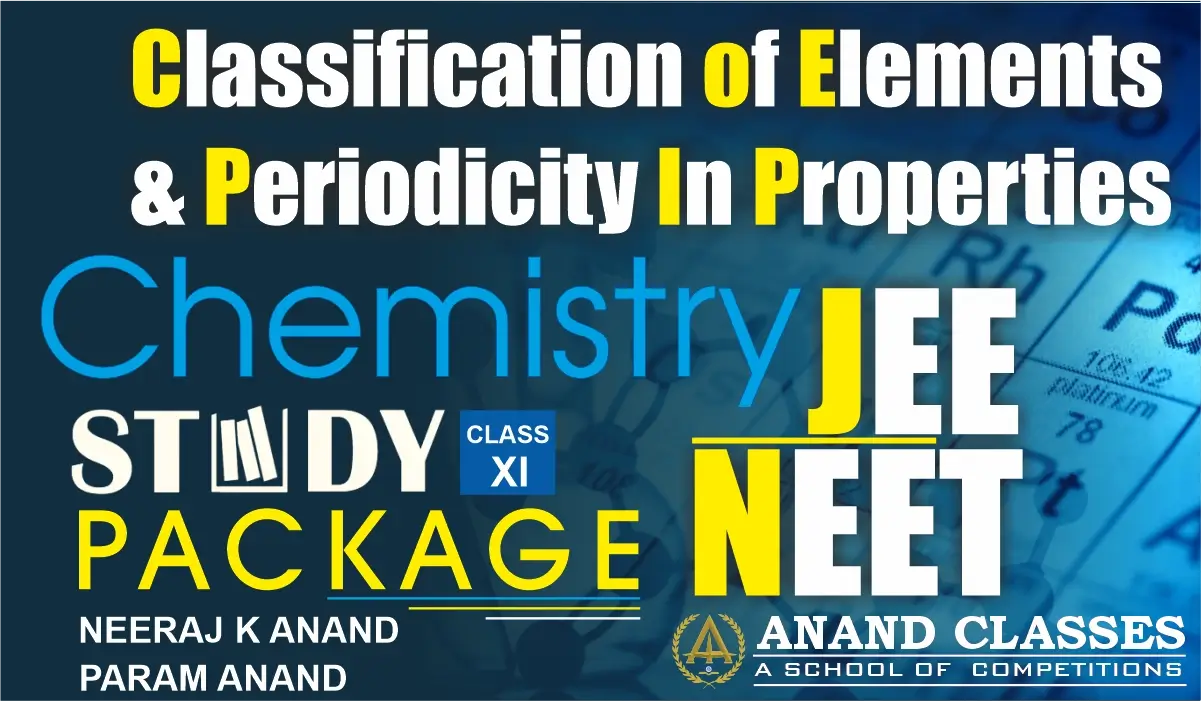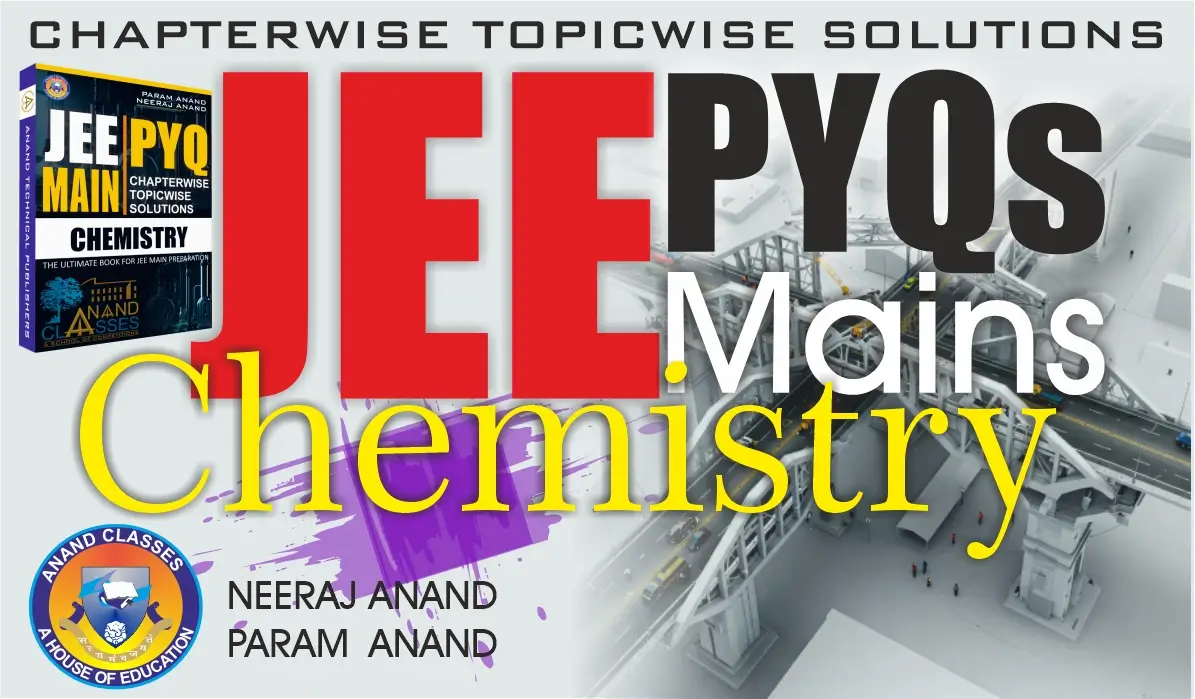Nomenclature of Saturated Hydrocarbons – IUPAC Rules & Examples | Anand Classes by Neeraj Anand
Understanding the nomenclature of saturated hydrocarbons is essential for mastering organic chemistry, especially in Class 11 and competitive exams like …


